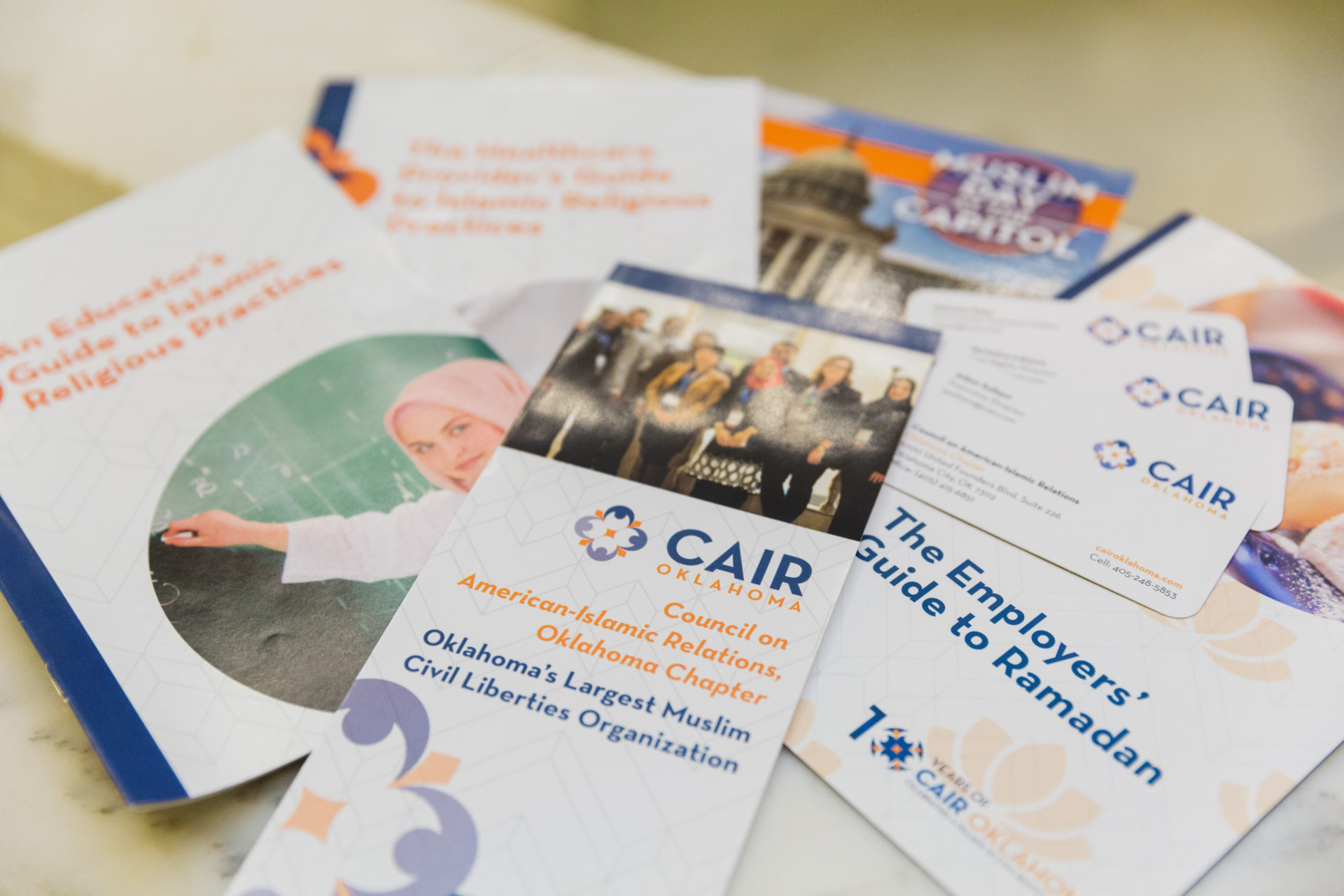In the aftermath of the Orlando shooting, numerous Muslim leaders around the country stood alongside leaders from the gay community at prayer vigils and rallies held for victims of the tragedy.
Nihad Awad of the Council on American-Islamic Relations expressed unequivocal support for lesbian, gay, bisexual and transgender civil rights in a news conference held in Washington, D.C., immediately after the attack.
“For many years, members of the (LGBTQ) community have stood shoulder to shoulder with the Muslim community against any acts of hate crimes, Islamophobia, marginalization and discrimination. Today, we stand with them, shoulder to shoulder,” Awad said. “We cannot fight injustice against some group and not against others.”
More recently, 65 American Muslim and LGBTQ organizations released a joint statement expressing their accord.
Amid this unified approach, Muslim attitudes and perceptions about homosexuality have been pushed to the forefront.
In Oklahoma, some Muslim leaders acknowledged that the June 12 shooting at the Pulse gay night club in Orlando has piqued interest in Islamic views on homosexuality.
“That’s something that people are curious about,” said Adam Soltani, executive director of the Council on American Islamic Relations-Oklahoma chapter. “It’s not the story we necessarily want. We want stories about Muslims helping their communities but we know that people are talking about this.”
Several news outlets have reported that Omar Mateen, the American Muslim gunman responsible for 49 deaths at Pulse, harbored anti-gay sentiments and targeted the Pulse nightclub because it was a gay establishment. There have been subsequent news reports of Mateen pursuing gay relationships and perhaps acting out of revenge.
Though all of these possible motives are being disseminated in the media, FBI investigators have said their investigation is ongoing and that nothing has been formally ruled out.
Religious leaders of two of the largest Islamic faith communities in the state said homosexuality is considered a sin in Islam but Muslims joining forces with the LGBTQ community is not surprising.
John Ederer, imam of the Islamic Society of Tulsa, said the two groups have much in common.
“Right now, the truth is the gay community and Muslim community really are two of the most vilified and verbally abused communities,” he said during a recent interview.
Imad Enchassi, senior imam and founder of the Islamic Society of Greater Oklahoma City, said this shared defamation brings the groups together.
“Any minority group feels the pain of isolation, whether it be the LGBTQ community or the Jewish community or the African American community or the Hispanic community so there is a bond in all these minority groups based on isolation and we find solace in one another,” Enchassi said.
“In particular, when it comes to an incident like this one, we console one another.”
Troy Stevenson, executive director of Freedom Oklahoma, an LGBTQ advocacy group, agreed.
“We’re talking about two communities that face some of the greatest discrimination in the country. That’s the issue that binds us,” Stevenson said.
“I think folks that live with oppression everyday recognize it in others and there’s a natural empathy.”
Enchassi participated in an Oklahoma City prayer vigil spearheaded by Freedom Oklahoma on the eve of the Orlando shooting and Soltani, with CAIR-OK, held a joint news conference with Stevenson several hours before the vigil. Stevenson said it’s important to note that religious leaders of other faiths, including Judaism and Christianity, also participated in the recent vigil gathering.
“Regardless of one’s beliefs, that doesn’t mean that one supports hate,” Stevenson said.
Enchassi said Islam is an Abrahamic faith tradition and views homosexuality as a sin just as fornication and adultery are considered sins. He said this viewpoint is not unlike that of other faith traditions including some Christian faith traditions.
Enchassi said while Muslims look at homosexuality as a sin, they recognize that they should “resent the sin and hug the sinner and be loving to the sinner as much as we can.”
Ederer shared similar sentiments.
He said God prohibits homosexuality in the Quran. However, “God has sent the Prophet Muhammad and our religion mercy and compassion for all people and all life on Earth.”
“So we are absolutely against anybody being abused verbally or physically for whatever lifestyle they choose to hold or that they hold acceptable to them,” Ederer said. “It’s not my business to force my beliefs on anybody or to hate them or be abusive to them in any way, shape or form. So for somebody to be abusive to anyone, no matter what their beliefs or practices, we would defend them and we would stand against their oppressors.”
Soltani echoed Ederer’s thoughts, adding that protecting life is a priority in Islam.
“Regardless of what religion says about homosexuality, we uphold the sanctity of human life. It’s the utmost priority, so protecting human life is a priority,” Soltani said.
CONTRIBUTING: The Associated Press

